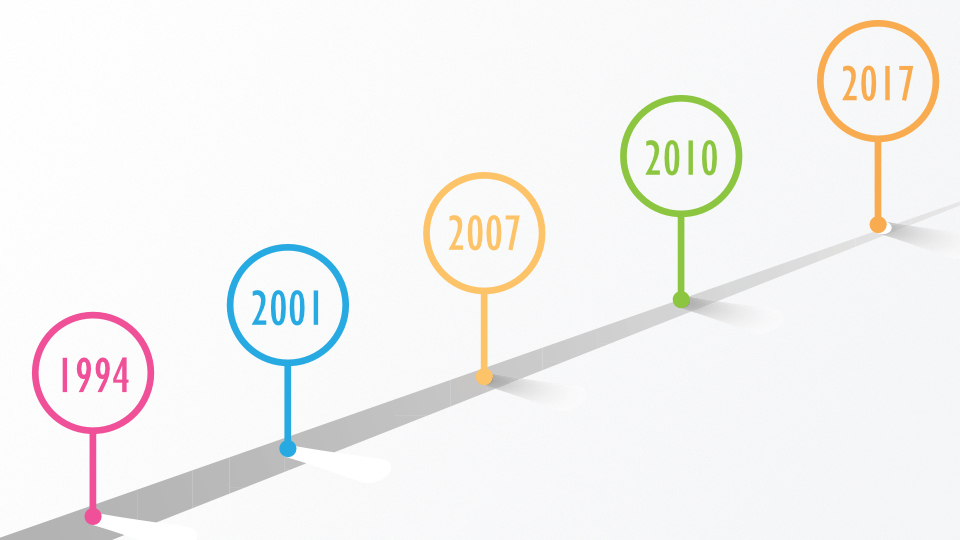On Friday, August 14th, the new Title IX regulations went into effect. Demands for injunctive relief to block their implementation have been defeated. We were glad to see our work cited in three briefs defending the regs (example). This is a major civil rights victory, not just for due process but also for those who believe Title IX protections are truly “for all.”
This victory is the result of the combined efforts of many groups working individually and, in some cases, together. These groups include accused students and their families, attorneys, academic professionals, advocates, and journalists. Many risked careers, reputations, and serious financial loss. Thank you to everyone who supported the new regs which, while not perfect (as I believe we all agree), are a major step forward.
A particular thank you to accused students, their families, and attorneys who have brought litigation. Without their efforts we would have had no litigation trends to point to as supporting evidence of a serious problem, no judicial opinions to cite, and ultimately no change.
The work began nearly ten years ago, after the issuance of the infamous 2011 “Dear Colleague” letter. Litigation spiked in 2014-2015; in both years, litigation efforts doubled (or more than doubled) from the previous years and remained high, exceeding 100 lawsuits in 2017-2019. Appellate court victories from the 2017-2019 period attested to the substantial promise and legitimacy of the movement. To date, 650+ lawsuits – which we’ve been tracking since 2013 – have been filed against higher ed institutions.
While this is a major victory, in the big picture victory is a process that spans years and decades. The next obvious stage is enforcement of compliance and shining a spotlight on which schools could use more…encouragement. In addition, the opponents of due process and equality for all have certainly not gone away. Many of them are infuriated and considering their next move. They need to be countered at every opportunity, from every front. We are also concerned about schools that may develop “creative work-arounds” to the regs – if not to the letter of it, then certainly to the spirit of it.
Thank you again to everyone who worked to make this happen.
Thank You for Reading
If you like what you have read, feel free to sign up for our newsletter here:
About the Author
Related Posts
On Friday, August 14th, the new Title IX regulations went into effect. Demands for injunctive relief to block their implementation have been defeated. We were glad to see our work cited in three briefs defending the regs (example). This is a major civil rights victory, not just for due process but also for those who believe Title IX protections are truly “for all.”
This victory is the result of the combined efforts of many groups working individually and, in some cases, together. These groups include accused students and their families, attorneys, academic professionals, advocates, and journalists. Many risked careers, reputations, and serious financial loss. Thank you to everyone who supported the new regs which, while not perfect (as I believe we all agree), are a major step forward.
A particular thank you to accused students, their families, and attorneys who have brought litigation. Without their efforts we would have had no litigation trends to point to as supporting evidence of a serious problem, no judicial opinions to cite, and ultimately no change.
The work began nearly ten years ago, after the issuance of the infamous 2011 “Dear Colleague” letter. Litigation spiked in 2014-2015; in both years, litigation efforts doubled (or more than doubled) from the previous years and remained high, exceeding 100 lawsuits in 2017-2019. Appellate court victories from the 2017-2019 period attested to the substantial promise and legitimacy of the movement. To date, 650+ lawsuits – which we’ve been tracking since 2013 – have been filed against higher ed institutions.
While this is a major victory, in the big picture victory is a process that spans years and decades. The next obvious stage is enforcement of compliance and shining a spotlight on which schools could use more…encouragement. In addition, the opponents of due process and equality for all have certainly not gone away. Many of them are infuriated and considering their next move. They need to be countered at every opportunity, from every front. We are also concerned about schools that may develop “creative work-arounds” to the regs – if not to the letter of it, then certainly to the spirit of it.
Thank you again to everyone who worked to make this happen.
Thank You for Reading
If you like what you have read, feel free to sign up for our newsletter here:
About the Author
Related Posts
More from Title IX for All
Accused Students Database
Research due process and similar lawsuits by students accused of Title IX violations (sexual assault, harassment, dating violence, stalking, etc.) in higher education.
OCR Resolutions Database
Research resolved Title IX investigations of K-12 and postsecondary institutions by the Department of Education’s Office for Civil Rights (OCR).
Attorneys Directory
A basic directory for looking up Title IX attorneys, most of whom have represented parties in litigation by accused students.






